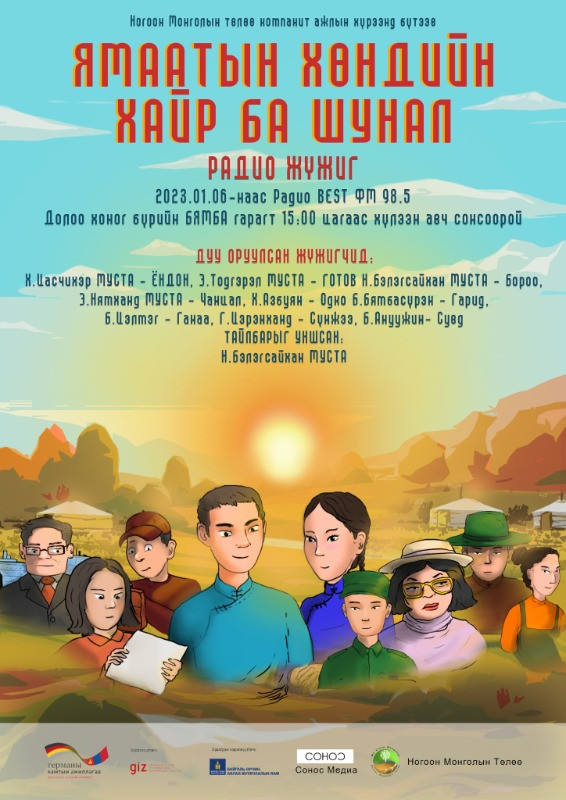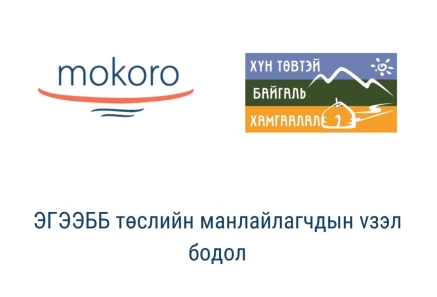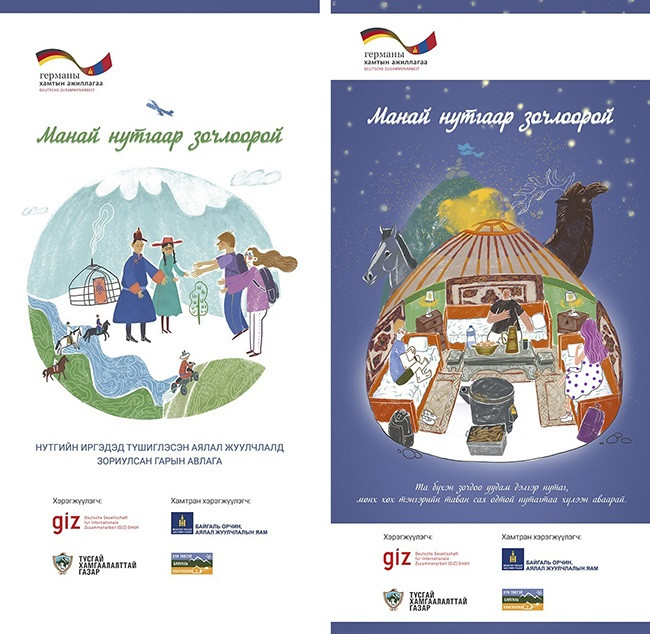WOLTS Project Mongolia - Tsenkher Soum Report, February 2019
Introduction – the WOLTS research and methodology
Mokoro’s practical and action-oriented long-term strategic research project, the Women’s Land Tenure Security Project (WOLTS), is piloting its methodology through a ‘Study on the threats to women’s land tenure security in Mongolia and Tanzania’. Working with our NGO/CSO partners – People Centered Conservation (PCC) in Mongolia and HakiMadini in Tanzania – we have been investigating the state of women’s land tenure security in pastoral areas affected by mining investments, through both participatory qualitative and quantitative research to identify the main threats to the land rights of women and vulnerable groups. The WOLTS project’s aim is to assess possible means to improve gender equity in land tenure governance and secure the land rights of vulnerable people within communities, as well as to support communities as a whole to withstand threats to their land and natural resources. (See our website for more about WOLTS: www.mokoro.co.uk/wolts.)
This Soum Report shares our findings from our research in Tsenkher between October 2017 and August 2018, including initial field visits, a baseline survey and a participatory fieldwork phase, which have been shared and validated during a follow-up visit in December 2018.
Our baseline survey was conducted in February and March 2018 with 10% of households in all baghs of Tsenkher. It included 170 households, of whom 137 were randomly sampled, 24 were additional female-headed households and nine were additional single adult male-headed households. Thus 81% of the total survey sample was randomly sampled (including 117 male- and 20 female-headed households) while 19% comprised deliberately targeted vulnerable female- and male-headed households. This was done to boost the total number of vulnerable households surveyed so as to help uncover critical gender issues for vulnerable groups. Data from the 33 deliberately targeted households have only been included in comparative analysis of male- and female-headed households, and of male and female respondents, not in all the general baseline analysis.
Our participatory fieldwork phase took place in August 2018 and included 12 focus group discussions (FGDs) and 19 individual biographic interviews (BIs), involving some 124 people. Different types of social groups and individuals were specifically sought out for these discussions and interviews, so as to reflect different characteristics and issues that we considered worth exploring further after analysing our baseline results (e.g. widows, miners, married men and women, etc.). FGDs were structured around standard participatory exercises (including natural resource and migration mapping, seasonal labour analysis, and stakeholder analysis and institution mapping). BIs followed structured question guides that were tailored to the circumstances of the individual being interviewed in order to help us learn about people’s lives and livelihoods and the way both gender relations and access to different resources have changed since their childhoods. All FGDs and BIs included free-ranging discussions too.
Our analysis also draws on interviews with other stakeholders, including local government officials (at soum and aimag level) and representatives of some of the mining and tourism companies operating in Tsenkher, as well as on data from five participatory community feedback meetings (CFMs) and a feedback meeting with soum and bagh officials during our follow-up visit in December 2018, in which some 60 people took part.
We are deeply grateful for the engagement and hospitality of all the people of Tsenkher during our research so far. We particularly acknowledge and thank all those whom we have interviewed and shared discussions with – for their willingness to participate and their invaluable contributions to helping us learn about gender, land, pastoralism and mining in Tsenkher today.
The WOLTS Mongolia Team includes Daley, E., Narangerel, Y., Driscoll, Z., Lanz, K., Lkhamdulam, N., Munkhtuvshin, B., Suvd, B., Grabham, J., Erdenebat, R. and Lister, P. This Soum Report is the result of all our combined efforts.






